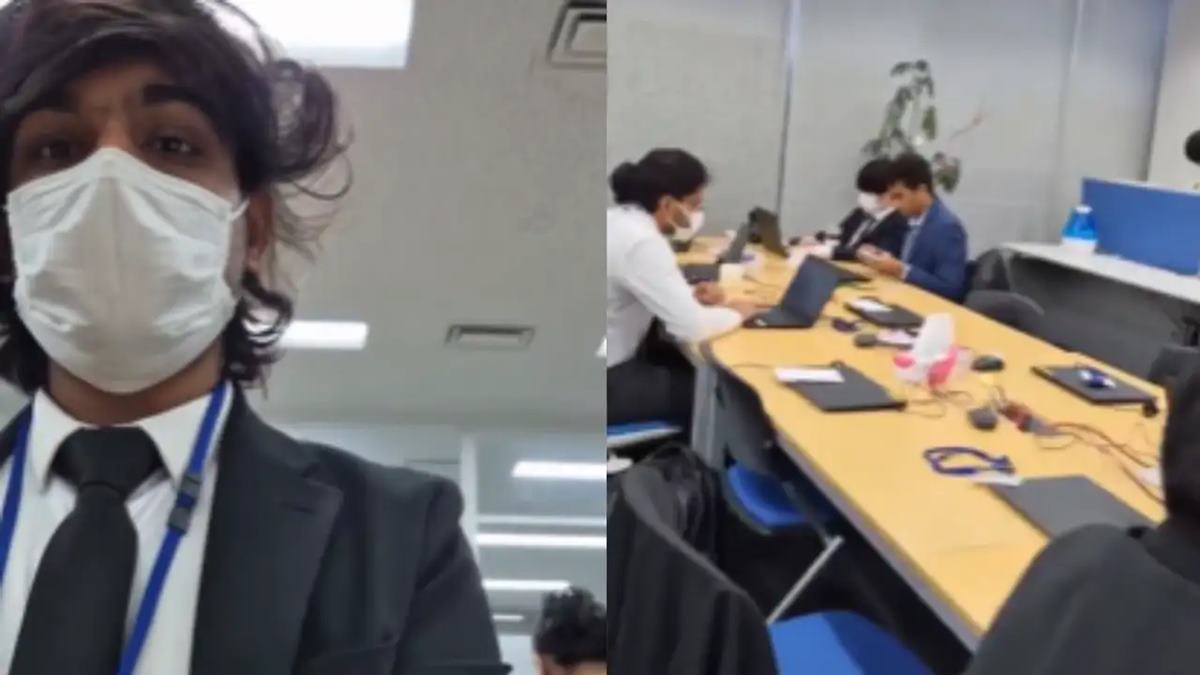Employers should reimagine their change management strategies amid employee dissatisfaction due to various pain points during workplace changes.
Just one in four employees said their organisation effectively manages changes across the workforce, according to a new poll from Eagle Hill Consulting among 1,448 U.S. adults.
Only a quarter of them also believe their organisation is prioritising the right changes (27%) and their employers are executing changes in a way that is easy for employees to embrace (24%).
Change management problems
According to the report, employees recognise the value of the changes introduced in their workplace in the past year and have felt their positive impact.
However, 34% said those changes have not been worth the organisational effort. In fact, some employees point out the following problems during changes:
- Organisational change increased their workload (45%)
- Employees reported higher stress levels (43%)
- Their managers did not reduce their regular work to accommodate time for learning and adjusting to changes (62%)
Only 44% of employees felt their employers listened to them on how to roll out changes to their team, while just 33% believe their voice matters in prioritising change initiatives.
Improving change management
“The key to successful change is not just what you change, but how you change,” said Melissa Jezior, president and chief executive officer of Eagle Hill Consulting, in a statement.
The report urged employers to “reimagine change” by focusing leadership training on team leaders, who have been identified as the most influential people during workplace changes.
Persistent communication should also be provided to connect transformation to business outcomes that employees can appreciate, according to the report.
Employers are also urged to put timing on their side by implementing phased rollouts, lightening workloads during heavy change periods, and introducing buffers to ease the transition.
“When employees experience increased workload and stress without adequate support during change, that ultimately impacts the effectiveness of change efforts. Smart, effective, and efficient change management strategies engage employees along the way,” Jezior said.




















